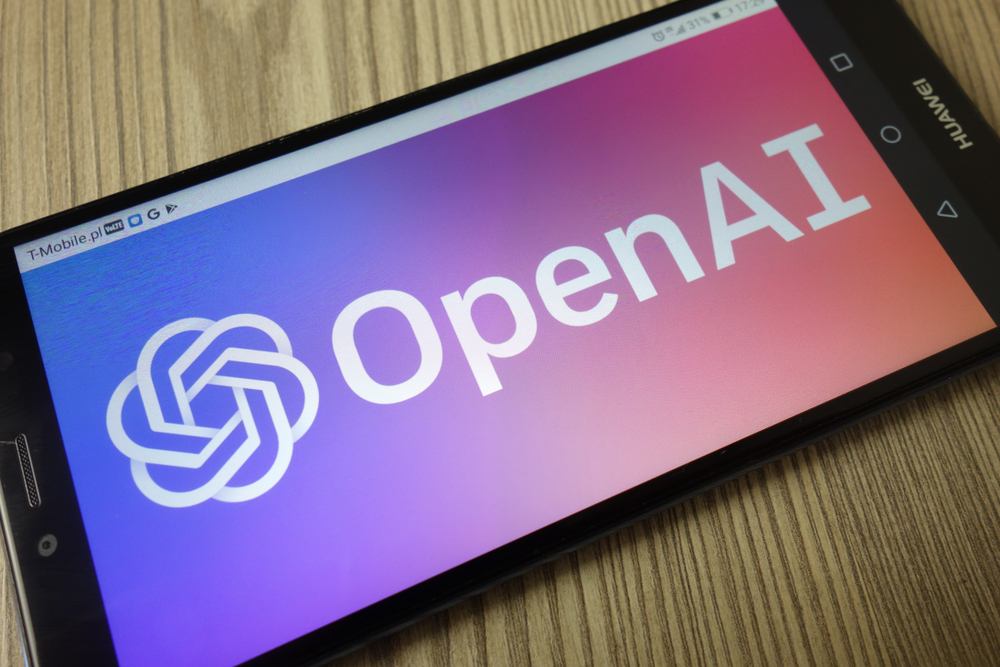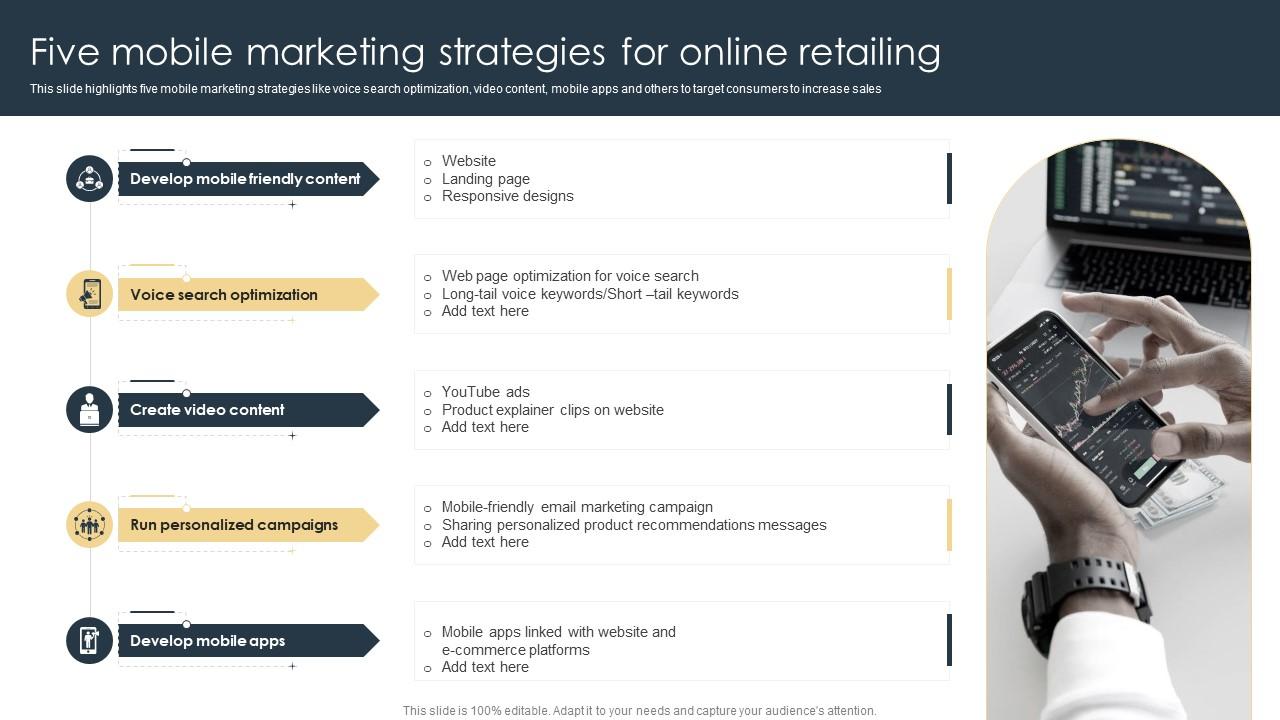OpenAI Facing FTC Investigation: Concerns Over ChatGPT's Data Practices And Algorithmic Bias

Table of Contents
Data Privacy Concerns Surrounding ChatGPT
The vast amounts of data processed by ChatGPT raise significant data privacy concerns. OpenAI's data practices are under intense scrutiny, particularly concerning the collection, storage, and use of user information.
User Data Collection and Usage
ChatGPT collects a substantial amount of data to function effectively. Understanding the extent of this collection and its implications is crucial.
- Data Types Collected: This includes user prompts, generated responses, usage patterns (frequency, duration of conversations), and potentially IP addresses and other identifying information.
- Data Retention Policies: The length of time OpenAI retains this data and the security measures in place to protect it are key considerations. Transparency in their data retention policies is critical for user trust.
- Transparency in Privacy Policies: The clarity and comprehensiveness of OpenAI's privacy policies are vital for ensuring users are adequately informed about how their data is being handled. Concerns arise if these policies are unclear or difficult for the average user to understand.
- Potential Data Breaches or Misuse: The risk of data breaches and the potential for misuse of collected data represent significant concerns. Any history of breaches or security vulnerabilities needs to be addressed transparently.
- GDPR and CCPA Compliance: OpenAI's adherence to regulations like the General Data Protection Regulation (GDPR) in Europe and the California Consumer Privacy Act (CCPA) in the US is crucial and is part of the FTC's investigation.
The Issue of Children's Data
The use of children's data in AI training presents unique ethical and legal challenges.
- COPPA Compliance: OpenAI must comply with the Children's Online Privacy Protection Act (COPPA) which governs the online collection of personal information from children under 13. Failure to comply can result in significant penalties.
- Age Verification Methods: Effective age verification methods are necessary to ensure that data from children is not collected or used without parental consent. The effectiveness of OpenAI's methods is a subject of this investigation.
- Ethical Implications: The ethical implications of using children's data to train AI models are significant. Concerns exist about the potential for perpetuating biases or exploiting vulnerable populations.
Algorithmic Bias in ChatGPT and its Societal Implications
Algorithmic bias in large language models (LLMs) like ChatGPT is a growing concern. The outputs of these models can reflect and amplify existing societal biases.
Manifestations of Bias in ChatGPT's Outputs
Numerous examples demonstrate bias in ChatGPT's responses. This bias can manifest in various forms.
- Racial, Gender, and Religious Bias: ChatGPT may generate responses that perpetuate stereotypes or exhibit prejudice against specific racial, gender, or religious groups. Research papers on this topic have documented various instances.
- Examples of Biased Responses: Specific examples of biased responses should be presented and analyzed, illustrating how the model's training data has influenced its outputs.
- Underlying Causes: Identifying the root causes of these biases is critical to developing mitigation strategies. This includes analyzing the composition and nature of the training datasets used by OpenAI.
The Impact of Biased AI on Society
The consequences of deploying biased AI systems are far-reaching.
- Perpetuation of Stereotypes: Biased AI can reinforce and amplify existing societal stereotypes, leading to further discrimination and inequality.
- Discrimination and Unfair Outcomes: Biased AI can lead to discriminatory outcomes in various areas, such as loan applications, hiring processes, and even criminal justice.
- Impact on Marginalized Groups: The impact of biased AI is disproportionately felt by marginalized communities who are already subjected to systemic discrimination.
- Legal Ramifications: The deployment of biased AI systems can carry significant legal ramifications, with potential lawsuits and regulatory actions.
- The Need for Fairness in AI Development: There is an urgent need for fairness and equity to be central to the design, development, and deployment of AI systems. This involves careful attention to data quality, model design, and ongoing monitoring for bias.
The FTC Investigation: Scope and Potential Outcomes
The FTC's investigation into OpenAI is significant and far-reaching.
The FTC's Concerns and Investigative Focus
The FTC's concerns center on potential violations of consumer protection laws.
- Deceptive Trade Practices: The FTC may be investigating whether OpenAI has engaged in deceptive trade practices related to its data handling and algorithmic bias.
- Unfair or Deceptive Acts or Practices: The FTC's broad authority allows it to investigate a wide range of unfair or deceptive practices.
- Data Security Violations: The FTC is likely examining OpenAI's data security practices to determine if they meet acceptable standards and comply with relevant regulations.
Potential Consequences for OpenAI and the AI Industry
The potential consequences of the FTC investigation are considerable.
- Fines and Legal Settlements: OpenAI could face significant fines or be forced into legal settlements to resolve the FTC's concerns.
- Mandated Changes in Data Practices: The FTC might mandate changes to OpenAI's data collection, storage, and usage practices to improve transparency and enhance user privacy.
- Increased Regulatory Scrutiny: The investigation could trigger increased regulatory scrutiny of the entire AI industry, leading to stricter regulations and guidelines.
- Impact on Future AI Models: The outcome of the investigation will significantly influence the development and deployment of future AI models, pushing for greater accountability and ethical considerations.
Conclusion
The FTC investigation into OpenAI and ChatGPT highlights critical issues regarding data privacy and algorithmic bias in the rapidly evolving field of artificial intelligence. Addressing these concerns is crucial for ensuring responsible innovation and preventing potential harm. The outcome of this investigation will significantly impact not only OpenAI but also the entire AI industry, shaping future regulations and ethical guidelines for AI development. Understanding the implications of the OpenAI FTC investigation is vital for anyone involved in or affected by the use of AI, prompting a necessary conversation about ethical AI practices and the need for greater transparency and accountability in the development and deployment of AI technologies like ChatGPT. Staying informed about the progress and outcome of this investigation is crucial for navigating the complex landscape of AI and protecting user rights.

Featured Posts
-
 Unlocking The Value Of Middle Management Benefits For Companies And Staff
May 19, 2025
Unlocking The Value Of Middle Management Benefits For Companies And Staff
May 19, 2025 -
 Mobile Marketing Strategies For E Commerce Success
May 19, 2025
Mobile Marketing Strategies For E Commerce Success
May 19, 2025 -
 Understanding The Investment Case For Uber Technologies Uber
May 19, 2025
Understanding The Investment Case For Uber Technologies Uber
May 19, 2025 -
 Fsu Shooting Victims Father A Cuban Exile And Former Cia Operative
May 19, 2025
Fsu Shooting Victims Father A Cuban Exile And Former Cia Operative
May 19, 2025 -
 Crypto Elite Face Violent Attacks Severed Fingers And Wrench Incidents
May 19, 2025
Crypto Elite Face Violent Attacks Severed Fingers And Wrench Incidents
May 19, 2025
Latest Posts
-
 Ftc Monopoly Case Against Meta The Defense Begins
May 19, 2025
Ftc Monopoly Case Against Meta The Defense Begins
May 19, 2025 -
 Ftc Trial Update Meta Shifts Focus To Defense Strategy
May 19, 2025
Ftc Trial Update Meta Shifts Focus To Defense Strategy
May 19, 2025 -
 220 Million Lawsuit Shakes Kahnawake Casino Owners Sue Mohawk Council And Grand Chief
May 19, 2025
220 Million Lawsuit Shakes Kahnawake Casino Owners Sue Mohawk Council And Grand Chief
May 19, 2025 -
 Metas Monopoly Defense Takes Center Stage In Ftc Trial
May 19, 2025
Metas Monopoly Defense Takes Center Stage In Ftc Trial
May 19, 2025 -
 Kahnawake Casino Dispute 220 Million Lawsuit Filed
May 19, 2025
Kahnawake Casino Dispute 220 Million Lawsuit Filed
May 19, 2025
